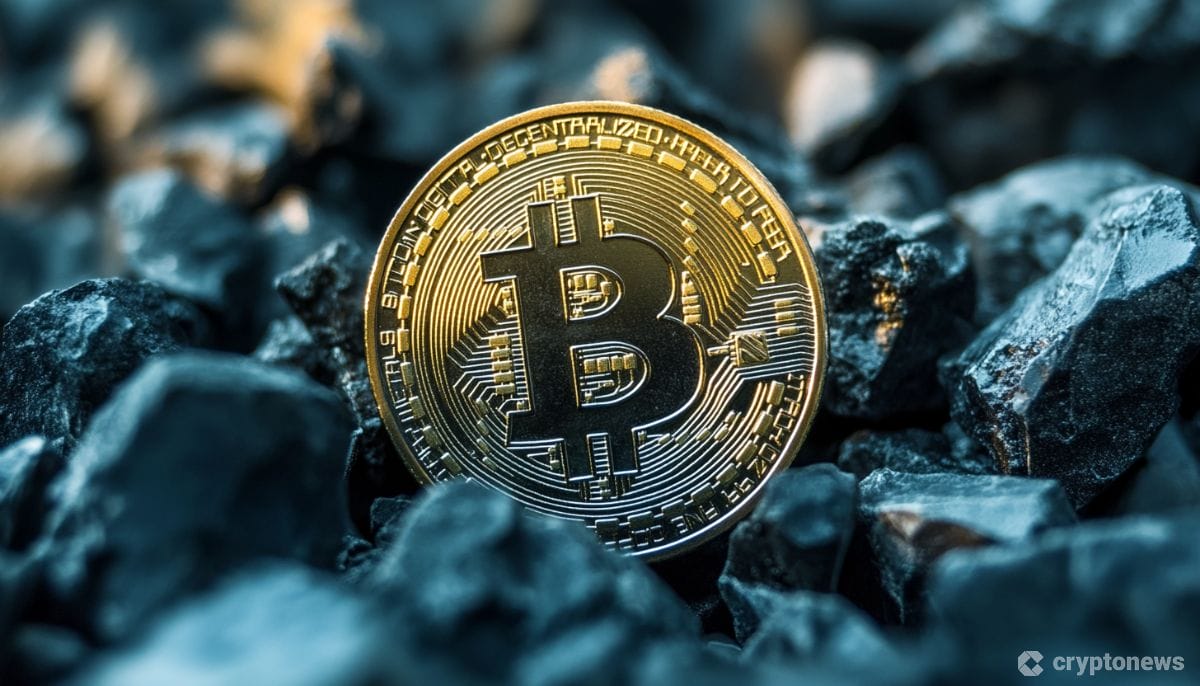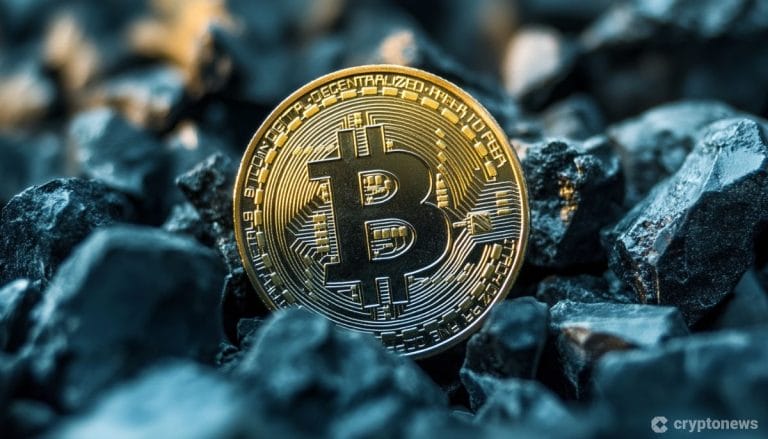Last updated:
 Why Trust Cryptonews
Why Trust Cryptonews

The Public Utilities Commission of Texas (PUCT) has implemented a new regulation requiring Bitcoin miners connected to the Energy Reliability Council of Texas (ERCOT) grid to register and provide critical information about their operations.
The rule, which came into effect on November 21, mandates miners to disclose their facilities’ locations, ownership details, and electricity demand to the state agency.
Under the regulation, Bitcoin miners must register within one working day of connecting to the ERCOT grid.
The Registration Must be Renewed Annually
The registration must also be renewed annually by March 1.
The move comes as Texas continues to solidify its position as a hub for cryptocurrency mining, following a surge in activity after China’s 2021 crackdown on the industry.
PUCT Chairman Thomas Gleeson explained that the rule aims to ensure the reliability of the power grid as mining operations expand across the state.
“To meet the electricity needs of all Texans, the PUCT and ERCOT must know the location and power requirements of virtual currency miners,” Gleeson said.
ERCOT, which oversees 90% of Texas’s electric load, has faced challenges managing power demands during extreme weather events.
The growing influx of energy-intensive Bitcoin mining facilities adds another layer of complexity, necessitating tighter oversight.
Bitcoin miners failing to comply with the new requirements could face severe penalties.
Violators will be charged with a Class A violation, carrying fines of up to $25,000 per day.
The regulation comes amidst broader discussions about Texas’s role as a leader in cryptocurrency innovation.
Senator Ted Cruz, a vocal advocate for Bitcoin, has pledged to make Texas a haven for cryptocurrency businesses.
In a November 21 interview with Fox Business, Cruz emphasized the decentralized nature of Bitcoin as a safeguard against government overreach.
“I want Texas to be the oasis for Bitcoin and cryptocurrency,” he said. “We’re seeing miners and innovators from around the globe invest here and create new jobs.”
Texan Lawmakers Are Exploring Strategic Bitcoin Reserve
At the North American Blockchain Summit on the same day, the Satoshi Action Fund revealed that Texan lawmakers are exploring legislation for a Strategic Bitcoin Reserve.
According to Cruz, the current regulatory environment reflects a shift towards pro-crypto policies, spurred by optimism following the U.S. election.
The recent election of President Donald Trump, who has expressed support for cryptocurrency, has further bolstered investor confidence in the mining industry.
As reported, Jack Dorsey’s Block has also announced plans to ramp up investments in its Bitcoin mining initiative and self-custody Bitcoin wallet.
Last week, the company said it would reallocate resources from its canceled “Web5” project, TBD, and cut investments in the music-streaming service, Tidal, to support this move.
“We are scaling back our investment in TIDAL and winding down TBD. This gives us room to invest in our bitcoin mining initiative, which has strong product market fit and a healthy pipeline of demand, and Bitkey, our self-custody wallet for bitcoin,” the company said.


















